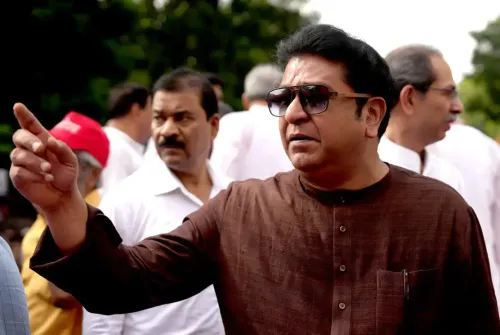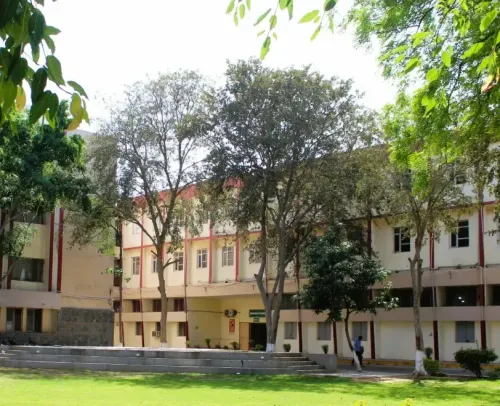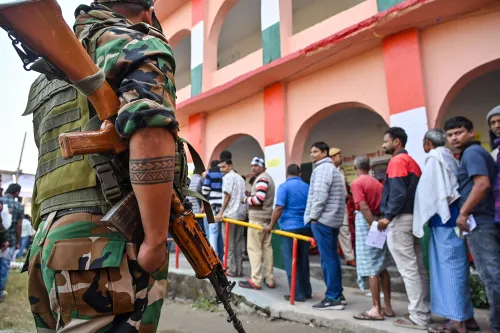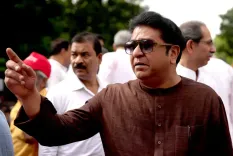Why Are Maha Parties Celebrating the Centre's Caste-Based Census Decision?
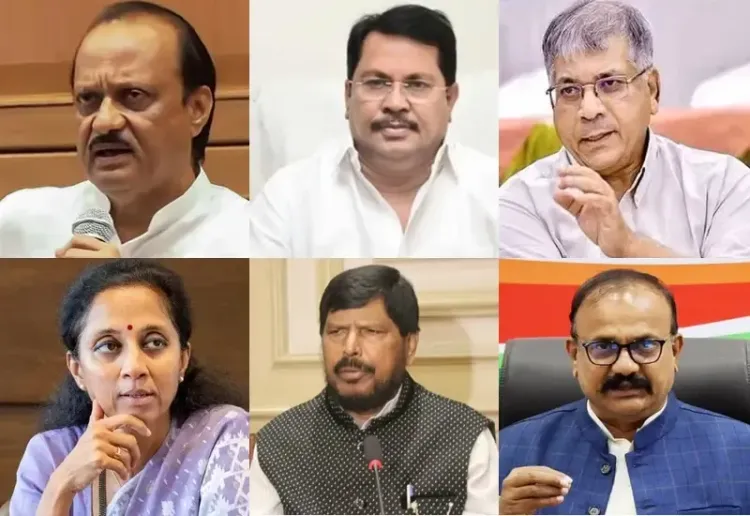
Synopsis
Key Takeaways
- Caste-based census is a significant step towards social equity.
- It aims to uplift marginalized communities.
- Political leaders support the initiative, emphasizing its historical significance.
- Transparency in the census process is essential for its success.
- This census could reshape policies and representation in India.
Mumbai, April 30 (NationPress) Both the ruling and opposition parties in Maharashtra expressed their support for the Centre's announcement to conduct a caste-based census.
The NCP president and Deputy Chief Minister Ajit Pawar stated that this census will benefit all societal sections, allowing the government to allocate more resources for the upliftment of socially disadvantaged and marginalized groups.
He emphasized that achieving social equality can be expedited by enhancing the educational and economic conditions of the underprivileged.
Pawar described the decision as a significant and transformative measure by the central government towards fostering social equity.
“For decades, numerous individuals, institutions, and organizations have demanded this. This demand has only been realized due to the foresight and compassionate leadership of Prime Minister Narendra Modi and Home Minister Amit Shah,” he stated.
He noted that without conducting this census, data regarding the economic and social circumstances of various castes, aside from Scheduled Castes and Scheduled Tribes, has been lacking.
This gap has negatively impacted the OBC community and other societal segments, he explained.
Vijay Wadettiwar, the Congress Legislature Party Leader, also endorsed the Centre's choice, mentioning that Rahul Gandhi, the Leader of the Opposition in Lok Sabha, has persistently advocated for this.
“The primary aim is to guarantee that OBCs, Dalits, Tribals, and Backward Classes gain representation in accordance with their population,” he asserted.
He remarked that although the ruling party had previously opposed it, today’s announcement seems sudden, especially with Bihar elections on the horizon. He stressed the importance of ensuring that this decision transcends mere electoral promises.
Wadettiwar emphasized that a caste-based census is not merely a numerical tally, but rather a reflection of each community’s rights and opportunities.
“This census could be pivotal—if executed honestly and transparently. We hope this declaration is not just a political maneuver but a genuine advancement towards social justice,” he asserted.
Prakash Ambedkar, founder of the Vanchit Bahujan Aghadi, alleged that the decision is politically motivated, aimed at influencing the upcoming Bihar assembly elections.
“The government had previously informed the Supreme Court that a caste-based census could not be conducted. Now, they claim it will happen, coinciding with the Bihar elections,” he noted.
Supriya Sule, an NCP MP led by Sharad Pawar, mentioned that their party has long advocated for a caste-based census through various channels, including Parliament.
“We contended that a caste-based census would enable the government to address the reservation demands of different caste groups. Finally, the Central government has agreed to conduct this census,” she said.
She added that this decision will illuminate the actual numbers and status of various castes in the nation.
“We welcome this decision and thank the Central government sincerely. We hope the process commences promptly and is completed within the designated timeframe,” she added.
Meanwhile, Ramdas Athavale, Union Minister of State for Social Justice and head of the Republican Party of India, described the Centre’s choice as revolutionary, asserting that the Congress was reluctant to initiate a caste-based census.
“Rahul Gandhi should refrain from criticism now. This will aid in delivering justice to all castes. I extend my congratulations to Prime Minister Narendra Modi,” he stated.
The state Congress chief Harshwardhan Sapkal urged the Centre to realize the decision rather than using it as a campaign tool.
“The Congress party endorses this decision but also calls for an increase in the reservation cap. The RSS should appoint its Sarsanghchalak from the OBC community in the future,” he added.

